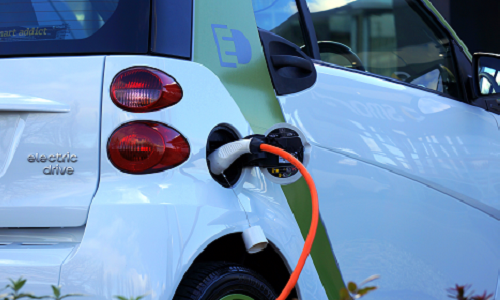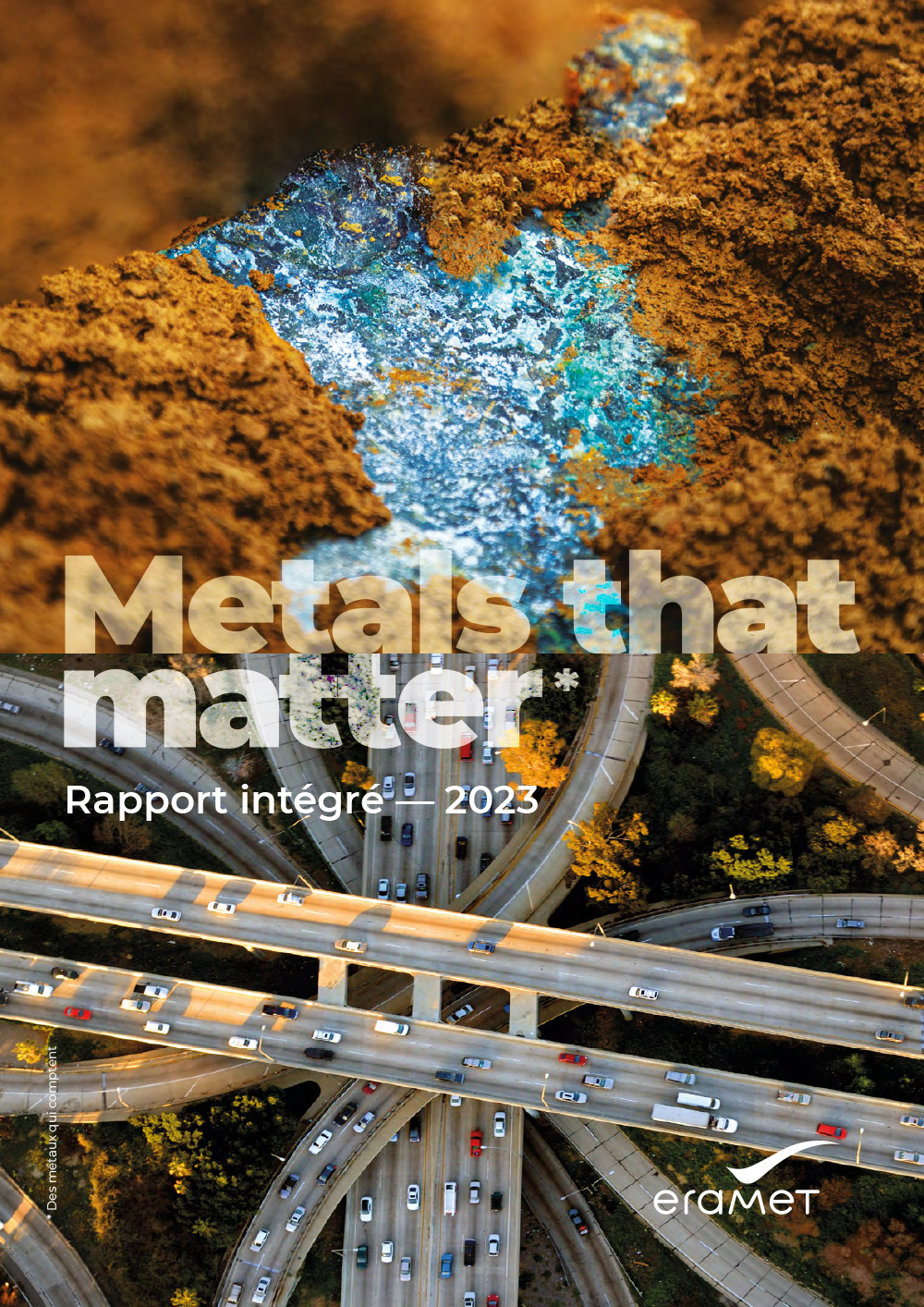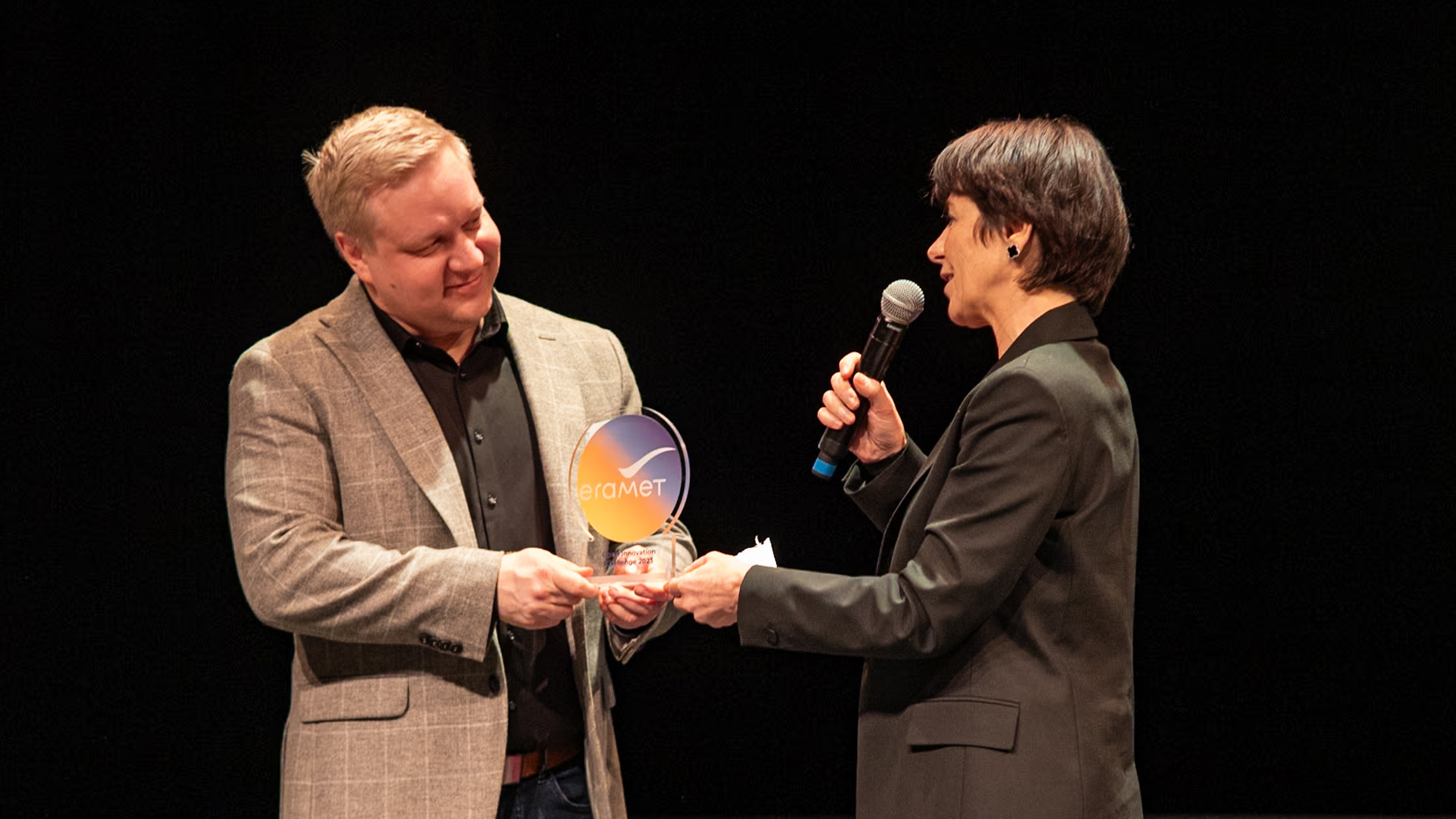The European Commission has announced that Directive 2006/66/EC is to be amended. Rings a bell? What about “lithium battery recycling”? We take a closer look a key component of the Group’s strategy.
After announcing a review of Directive 2006/66/EC last spring, the European Commission has just published its proposition for a new text, which will now be submitted to the European Parliament and the European Council. What does this have to do with Eramet? Among other things, this directive seeks to establish the legal framework for the recycling of lithium-ion batteries in Europe, which are used in electric vehicles, for example. This is an important area for the Group, which is positioned both as a potential supplier of battery grade metals (lithium, cobalt, nickel) and as a key player in the recycling chain in Europe.
Eramet and lithium: a multi-faceted strategy
In 2017, a new course was set: Eramet incorporated the energy transition into its business strategy and identified the markets for lithium, nickel and cobalt used in batteries as growth markets in keeping with its portfolio of assets.
The Group has positioned itself at two strategic points in the value chain: supply from primary deposits (mining activities) and downstream recycling of lithium-ion batteries with the aim of recovering the metals used in the manufacturing of new batteries.
This is why Eramet has already secured one of the world’s most promising lithium deposits at Centenario-Ratones in Argentina. With regard to recycling, the Group has joined forces with Suez and BASF to create the ReLieVe (“Recycling of Li-ion batteries for electric Vehicle”) collaborative project, launched in early 2020: “The aim is to develop an innovative process for recycling lithium-ion batteries for electric vehicles. Each partner is playing a different role: Suez is collecting and dismantling used batteries, and Eramet is developing the recycling process for recovering the ‘black mass,’ the black powder containing metals such as lithium but also nickel, manganese and cobalt, and refining this black mass to produce precursor materials for electrodes. Lastly, BASF is using these precursors to produce new cathode materials, which are used in batteries,” says Sophie Lebouil, R&D Program Manager at Eramet Ideas.
The recycling of batteries at the end of their useful life, which is currently partially carried out abroad, could thus be carried out entirely on European soil, without the need to export them. Given the significant growth in sales of electric vehicles, a major business in lithium-ion battery recycling could emerge in Europe – a way of safeguarding the supply of metals for battery manufacturing in Europe as well as of bolstering the circular economy.
Eramet’s campaign for a European-based recycling industry
The issue of lithium battery recycling is one of the many topics addressed by the European Union’s “Green Deal“. It aims to halt climate change and environmental degradation, with detailed targets set out in a road map extending to 2050. These include efficient management of resources, notably through innovation, waste recycling and the circular economy.
To make these objectives a reality, the regulatory environment needs to evolve in order to adapt to rapidly changing circumstances, explains Nicolas Verdier, Strategy Manager: “The issue of lithium-ion battery recycling was still little known in 2006, the year this directive came into force: there were few electric vehicles on the road at that time, and even fewer batteries to be recycled. Today, with many more electric vehicles on the road, recycling has become a real priority, not to say an absolute necessity. This is why the 2006 directive is currently being revised to better reflect the specific details surrounding electric vehicle batteries, particularly in terms of their manufacture and recycling.“
Eramet, which has firmly established itself as a leader in the energy transition sector in Europe, is thus keenly interested in this area: “In order to adjust our strategy and our future development plans, we need to monitor the debate and the evolution of legislation closely. We are also keen to see our major concerns taken into account, particularly in terms of CSR: as part of this review, for example, we have recommended to the European Commission to set environmental and societal performance standards that would apply to the entire battery value chain in Europe, and in particular to prohibit the sourcing of nickel from companies that dump mine waste at sea, a practice that is harmful to the environment and which the Group strongly condemns,” says Nicolas Verdier.
This has been a major undertaking, involving Eramet Ideas, the Group’s R&D and innovation center, for its scientific and technical expertise; the Group’s Public Affairs Department, for its grasp of administrative processes and its work to raise awareness; and the Group’s Strategy Department, for the managing of these various activities.
So, is the Group going to be adding battery recycling to the portfolio of its activities? “At this point, we are carrying out preliminary feasibility studies to assess whether it might be worthwhile developing this business by 2025-2030, when the volumes of batteries to be recycled are set to become substantial. Until then, regulations may still change. Consequently, we need to remain agile and responsive participants in the debate,” adds Nicolas Verdier.





